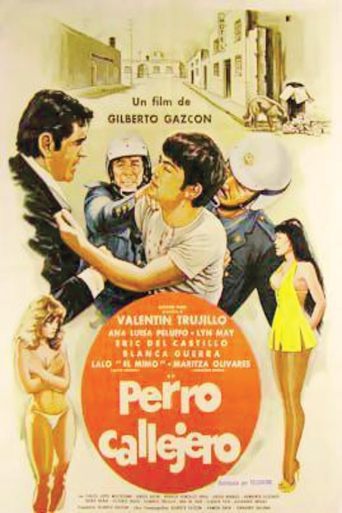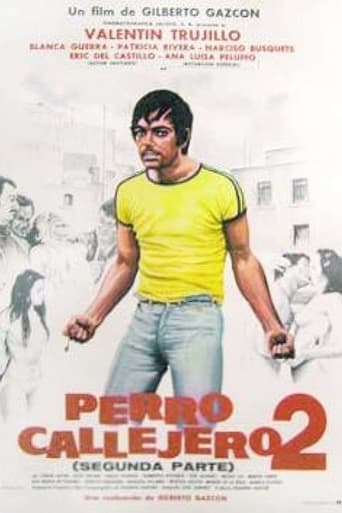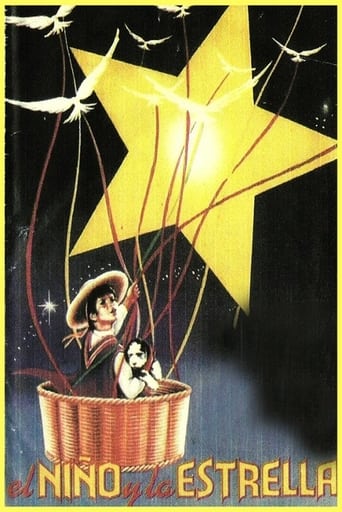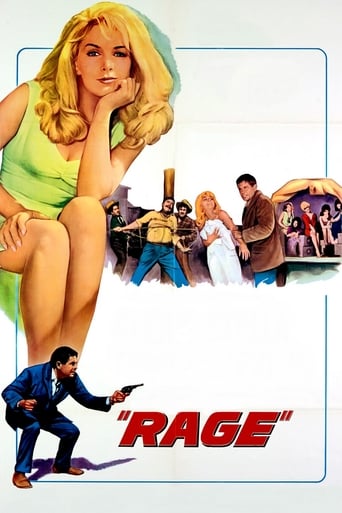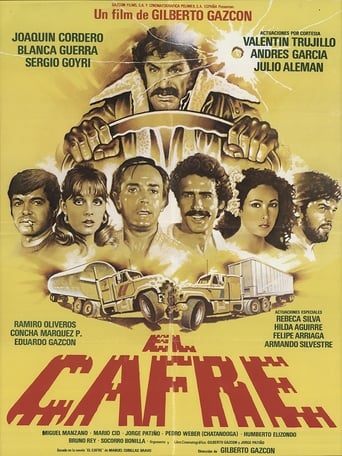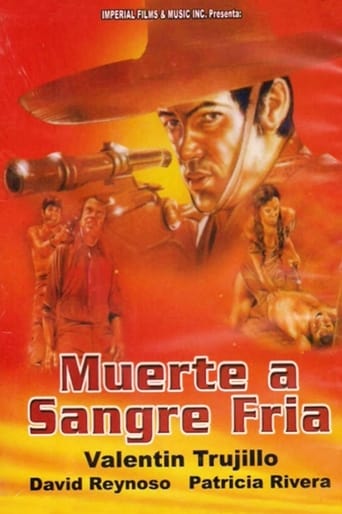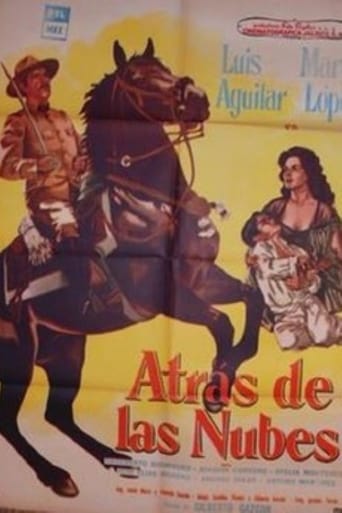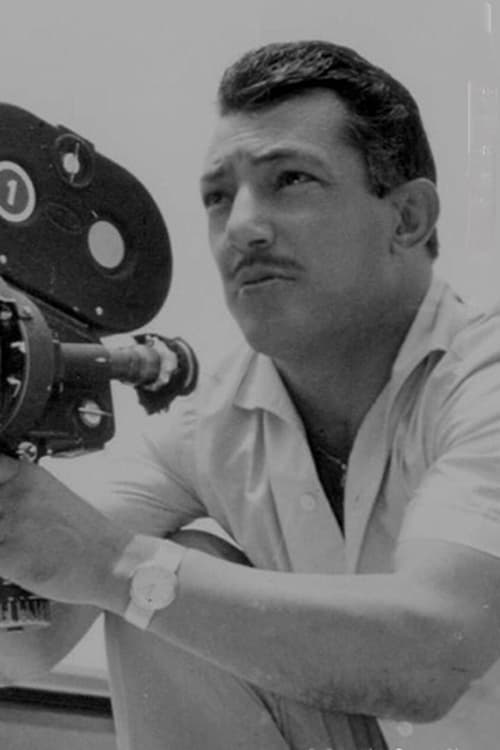
Gilberto Gazcón
Personal Info
Known For Director
Gender Male
Birthday 1929-05-19
Deathday 2013-05-11 (83 years old)
Place of Birth Mexico City, Mexico
Gilberto Gazcón
Biography
Gilberto Gazcón de Anda (May 19, 1929 – May 11, 2013) was a Mexican film director , screenwriter and producer. He wrote more than fifty screenplays , directed more than thirty films, won numerous awards, and was a promoter of Mexican cinema. He is best known in English-speaking countries for the neo noir thriller film Rage (1966), starring Glenn Ford and Stella Stevens . Gilberto Gazcón was born in Mexico City on 19 May 1929. He was the son of film producer and screenwriter Valentín Gazcón, and the nephew of Raúl de Anda , pioneers of Mexican sound cinema. His brother Edgardo Gazcón also became a filmmaker. He showed an aptitude for art from an early age, and was drawn to cinema, where he began as a child actor and later worked as an assistant set designer. He began writing his own screenplays, and decided to abandon his medical career and enrolled in film adaptation courses and studied acting at the Cinematographic Academy, directed by Celestino Gorostiza . The first film to be released with a plot written by him was Fierecilla (1950), directed by Fernando Méndez [ es ] , which received favorable reviews for its plot and the psychology of its characters. In 1958 he directed his first film, The Boxer. In 1966 he directed a Mexican-American co-production Rage ( El mal ), starring Glenn Ford and Stella Stevens. In 1960 he directed Lacarcel de Cananea , which was shown at the San Sebastián International Film Festival. He directed more than 30 films, including The Uprooted (1959), The Laughter of the City (1962), Stray Dog (1980), and Stray Dog II (1981). He was a founding member in 1963 of the Mexican Society of Film, Radio and Television Directors and Producers (Sociedad Mexicana de Directores y Realizadores de Cine, Radio y Televisión ), and honorary president since 1982. He died on May 11, 2013 at the age of 83, due to pulmonary complications caused by an embolism. Film director Juan Antonio de la Riva, head of the Mexican Academy of Cinematographic Arts and Sciences, described him as "a great man, who in his career as a writer and director always strove to be ambitious, always pursued quality cinema, which was demonstrated in most of his films".
Known For
Director
as Director
as Director
as Director
as Director
as Director
as Director
as Director
as Director
as Director
as Director
as Director
as Director
as Director
as Director
as Director
as Director
as Director
as Director
as Director
as Director
as Director
as Director
as Director
as Director
as Director
as Director
as Director
as Director
Writer
as Screenplay
as Storyboard
as Writer
as Writer
as Screenplay
as Writer
as Writer
as Writer
as Writer
as Screenplay
as Story
as Screenplay
as Screenplay
as Adaptation
as Adaptation
as Screenplay
as Adaptation
as Writer
as Screenplay
as Screenplay
as Screenplay
as Writer
Producer
as Producer
as Producer
as Producer
as Producer
as Producer
